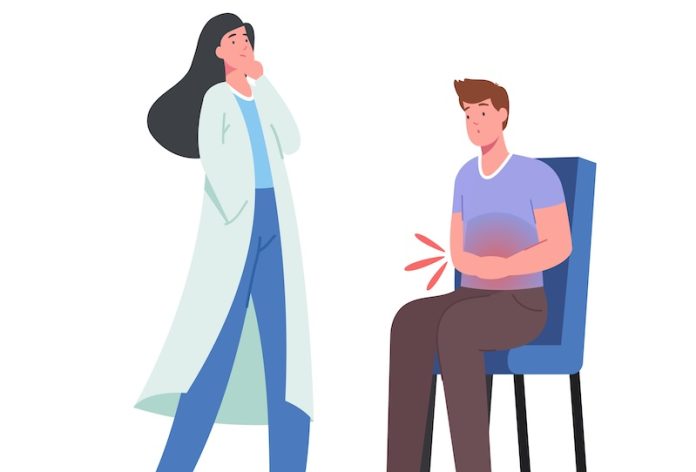
Recently, doctors have started to notice more young people, those under 50 years old, being diagnosed with a type of cancer called colorectal cancer.
This trend is concerning and has led researchers to look deeper into the causes.
A study published in the journal eBioMedicine has made an important discovery. It found that the types of bacteria present in the tumors of younger patients with colorectal cancer are different from those in older patients.
This difference in bacteria could be a key factor in understanding why more young people are getting this cancer.
The American Cancer Society has reported that both the number of new cases and the deaths from this cancer in young people are increasing each year.
They predict that by 2030, the cases of colon and rectal cancer among young people could double and even quadruple, which is quite alarming.
Dr. Alok Khorana, an oncologist at the Cleveland Clinic and the lead researcher of the study, is particularly concerned about this trend.
His team used advanced gene sequencing technologies to examine the tissue samples from young patients and compared them to samples from older patients.
Their findings revealed that not only were there more bacteria present in the tumors of younger patients, but the types of bacteria were also different. Specific bacteria like Akkermansia and Bacteroides were more common in younger patients.
This is crucial because it provides new clues as to what might be causing the increase in colorectal cancer among the young.
Understanding the role of these bacteria in young-onset colorectal cancer could lead to new ways to screen for and treat this cancer in young people.
For instance, doctors might be able to develop tests that detect these bacteria early on, which could help catch the cancer sooner. There’s also the potential for new treatments that specifically target these bacteria.
The first authors of the study, Dr. Shimoli Barot and Dr. Naseer Sangwan, pointed out that these bacterial markers might lead to new diagnostic tools and treatments.
However, they also stressed the importance of further research into how lifestyle factors like diet, medication use, and obesity might influence gut bacteria and contribute to the rise in this cancer among young people.
This research is a significant step forward in understanding the complex factors that contribute to the increase in colorectal cancer among younger individuals. It opens up new paths for potentially preventing and treating this disease more effectively in young people.
Besides this, if you’re interested in cancer prevention, other studies suggest that regular exercise might help stop cancer from developing, and getting enough vitamin D could reduce the risk of dying from cancer.
Moreover, recent research has shown that a diet rich in yogurt and fiber might lower the risk of lung cancer, and there are promising new treatments that could help reactivate the immune system to fight cancer.
The insights from these studies are paving the way for better understanding and managing cancer, highlighting the importance of both scientific research and lifestyle choices in tackling this disease.
If you care about breast cancer, please read studies about a major cause of deadly breast cancer, and common blood pressure drugs may increase death risk in breast cancer.
For more information about cancer prevention, please see recent studies about nutrient in fish that can be a poison for cancer, and results showing this daily vitamin is critical to cancer prevention.
Copyright © 2024 Knowridge Science Report. All rights reserved.



